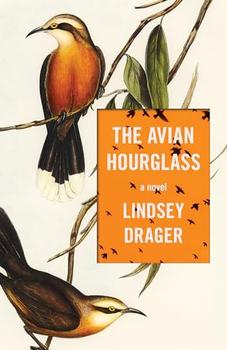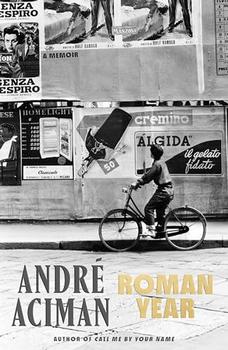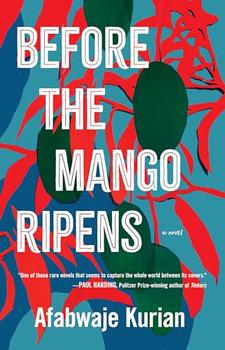Summary | Excerpt | Reading Guide | Reviews | Beyond the Book | Readalikes | Genres & Themes | Author Bio

A Novel
by Ma JianExcerpt
Beijing Coma
Through the gaping hole where the covered balcony used to be, you see the bulldozed locust tree slowly begin to rise again. This is a clear sign that from now on you’re going to have to take your life seriously.
You reach for a pillow and tuck it under your shoulders, propping up your head so that the blood in your brain can flow back down into your heart, allowing your thoughts to clear a little. Your mother used to prop you up like that from time to time.
Silvery mornings are always filled with new intentions. But today is the first day of the new millennium, so the dawn is thicker with them than ever. Although the winter frosts haven’t set in yet, the soft breeze blowing on your face feels very cold.
A smell of urine still hangs in the room. It seeps from your pores when the sunlight falls on your skin.
You gaze outside. The morning air isn’t rising from the ground as it did yesterday. Instead, it’s falling from the sky onto the treetops, then moving slowly through the leaves, brushing past the bloodstained letter caught in the branches, absorbing moisture as it falls.
Before the sparrow arrived, you had almost stopped thinking about flight. Then, last winter, it soared through the sky and landed in front of you, or more precisely on the windowsill of the covered balcony adjoining your bedroom. You knew the grimy windowpanes were caked with dead ants and dust, and smelt as sour as the curtains. But the sparrow wasn’t put off. It jumped inside the covered balcony and ruffled its feathers, releasing a sweet smell of tree bark into the air. Then it flew into your bedroom, landed on your chest and stayed there like a cold egg.
Your blood is getting warmer. The muscles of your eye sockets quiver. Your eyes will soon fill with tears. Saliva drips onto the soft palate at the back of your mouth. A reflex is triggered, and the palate rises, closing off the nasal passage and allowing the saliva to flow into your pharynx. The muscles of the oesophagus, which have been dormant for so many years, contract, projecting the saliva down into your stomach. A bioelectrical signal darts like a spark of light from the neurons in your motor cortex, down the spinal cord to a muscle fibre at the tip of your finger.
You will no longer have to rely on your memories to get through the day. This is not a momentary flash of life before death. This is a new beginning.
‘Waa, waaah . . .’
A baby’s choked cry cuts through the fetid air. A tiny naked body seems to be trembling on a cold concrete floor . . . It’s me. I’ve crawled out between my mother’s legs, my head splitting with pain. I bat my hand in the pool of blood that gathers around me . . . My mother often recounted how she was forced to wear a shirt embroidered with the words wife of a rightist when she gave birth to me. The doctor on duty didn’t dare offer to help bring this ‘son of a capitalist dog’ into the world. Fortunately, my mother passed out after her waters broke, so she didn’t feel any pain when I pushed myself out into the hospital corridor.
And now, all these years later, I, too, am lying unconscious in a hospital. Only the occasional sound of glass injection ampoules being snapped open tells me that I’m still alive.
Yes, it’s me. My mother’s eldest son. The eyes of a buried frog flash through my mind. It’s still alive. It was I who trapped it in the jar and buried it in the earth . . . The dark corridor outside is very long. At the end of it is the operating room, where bodies are handled like mere heaps of flesh . . . And the girl I see now – what’s her name? A-Mei. She’s walking towards me, just a white silhouette. She has no smell. Her lips are trembling.
I’m lying on a hospital bed, just as my father did before he died. I’m Dai Wei – the seed that he left behind. Am I beginning to remember things? I must be alive, then. Or perhaps I’m fading away, flitting, one last time, through the ruins of my past. No, I can’t be dead. I can hear noises. Death is silent.
Excerpted from Beijing Coma by Ma Jian. Copyright © 2008 by Ma Jian. Translation copyright © 2008 by Flora Drew. Published in May 2008 by Farrar, Straus and Giroux, LLC. All rights reserved.




We should have a great fewer disputes in the world if words were taken for what they are
Click Here to find out who said this, as well as discovering other famous literary quotes!
Your guide toexceptional books
BookBrowse seeks out and recommends the best in contemporary fiction and nonfiction—books that not only engage and entertain but also deepen our understanding of ourselves and the world around us.